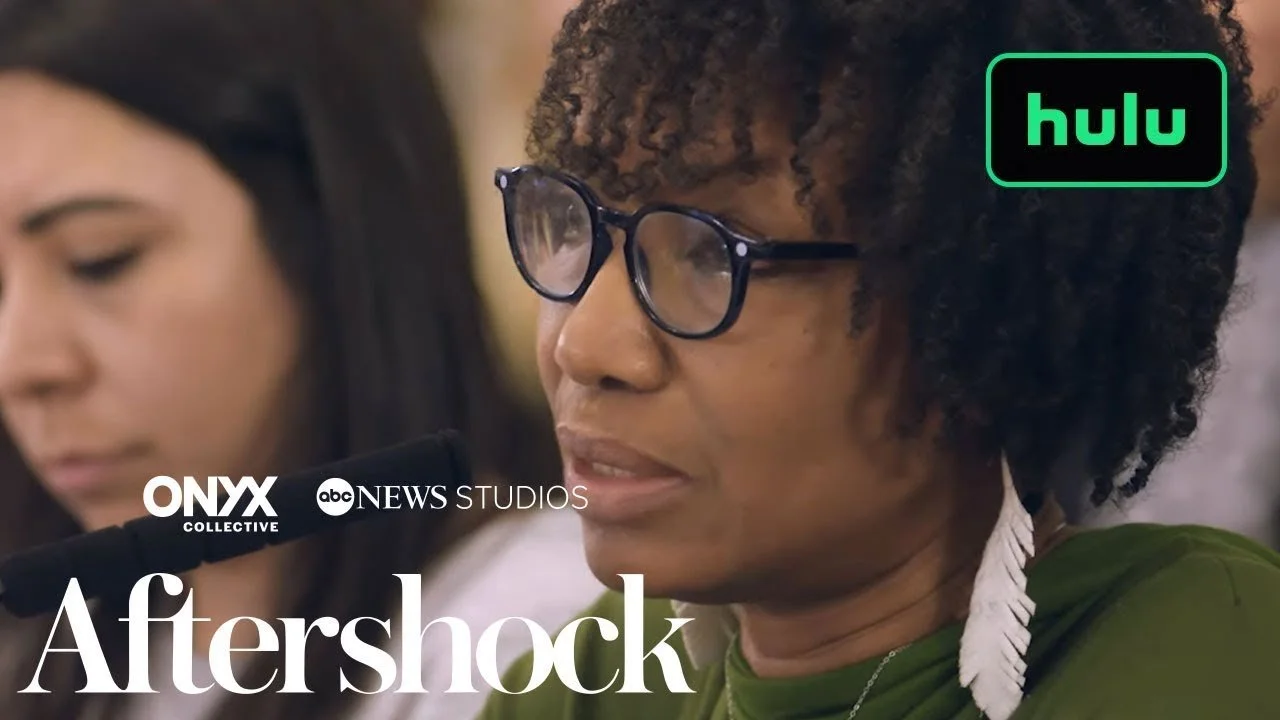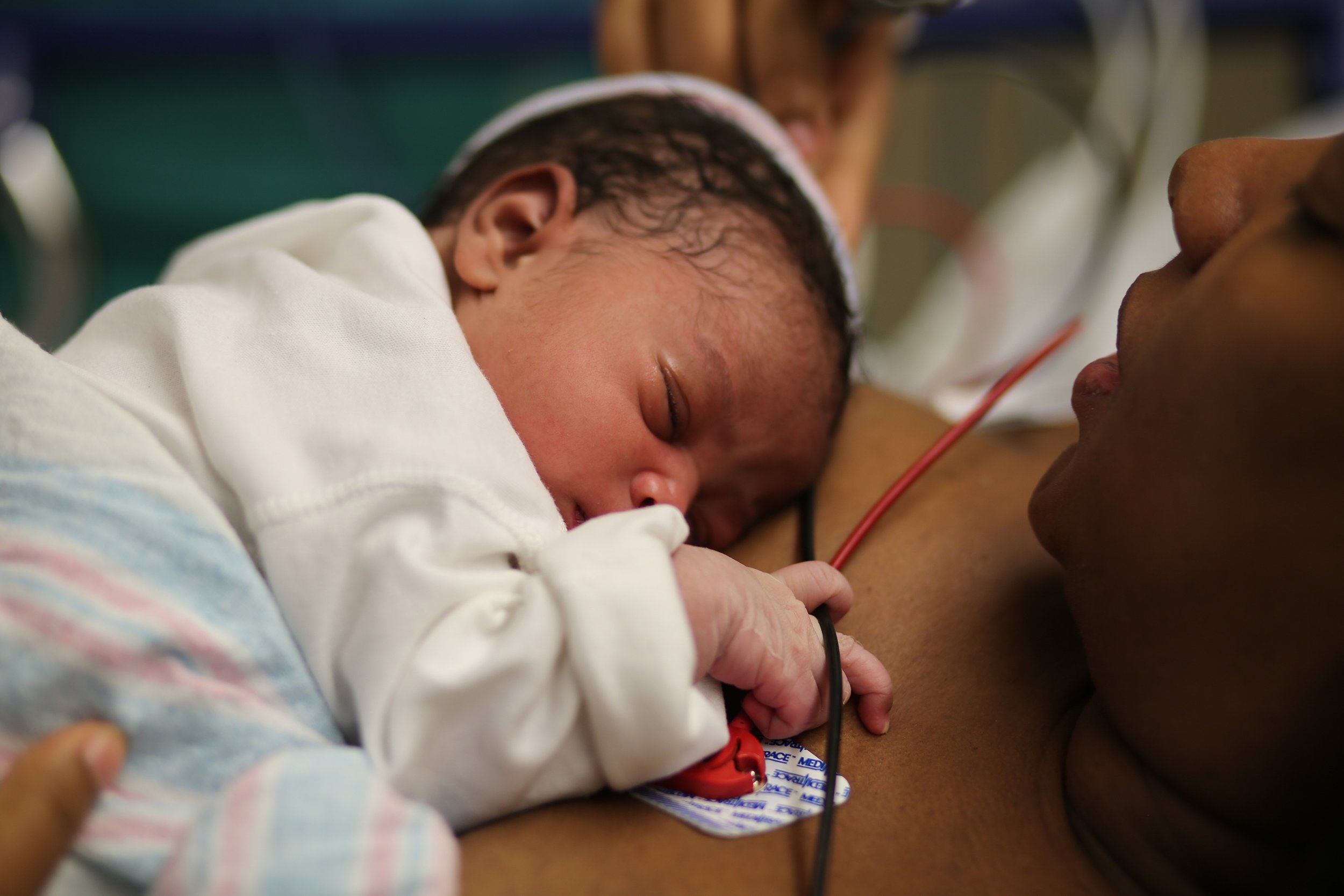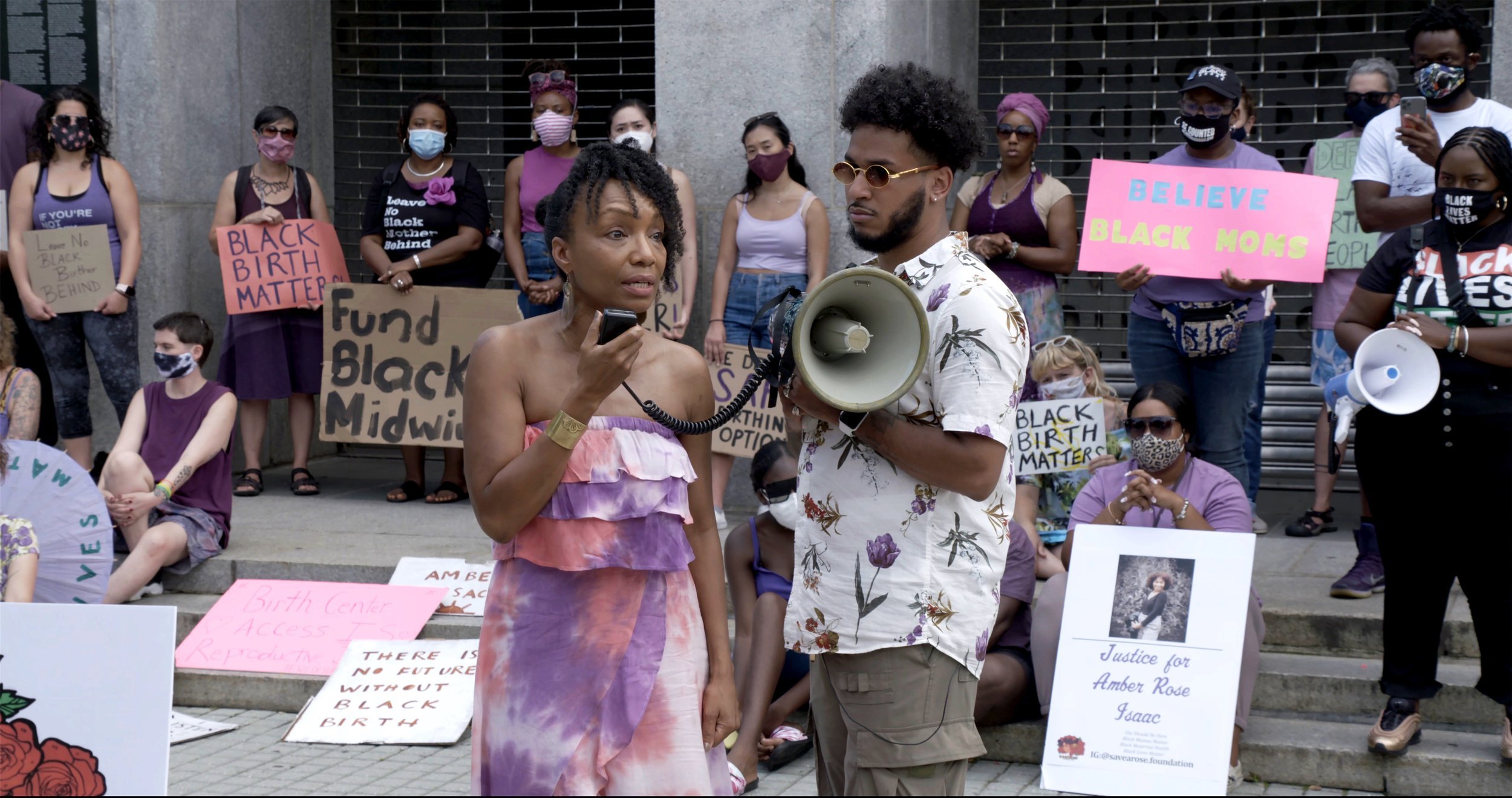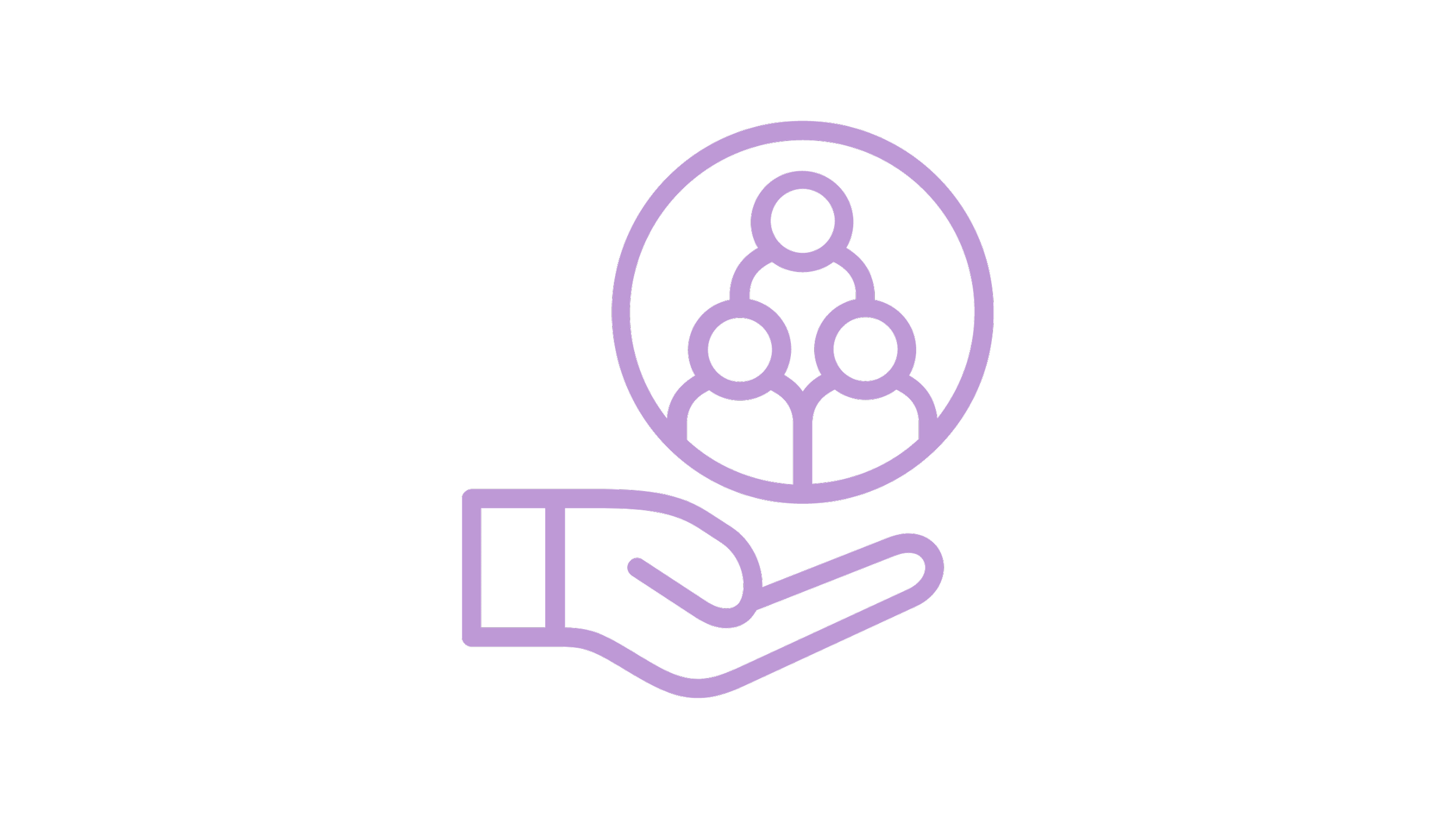
Available on
I learned that my story was not uncommon. There were others like me, just like me -Black like me, healthy like me, doing their best, just like me. And they faced death just like me too."
- Allyson Felix, Olympic Track & Field Champion

Maternal mortality rates in the U.S. are significantly higher than other developed countries
And Black birthing people face 3-4x the mortality risk compared to their white counterparts
Together, we can:
Amplify the stories of Black and Brown birthing people.
The United States is one of the most dangerous places to give birth compared to other developed countries, and Black and Brown birthing people are dying at 3 to 4 times the rate of their white counterparts.We need to address racial and gender bias in our medical system by amplifying and listening to the lived experiences of people directly impacted by the maternal health crisis.
Support birth workers, doulas, and midwives.
Did you know that both midwives and doulas are associated with improved maternal health outcomes, including lower rates of medical intervention during pregnancy? It’s time for us to join the movements, led by birth workers and birthing people, to ensure that every pregnant person has access to the pregnancy care they need and want – including access to doulas and midwives.
Champion advocates fighting for policy change.
The majority of pregnancy-related deaths in the United States are preventable. There are advocates fighting at the local, state, and federal level to pass legislation that will holistically address the maternal health crisis in our country and end maternal mortality. But they need constituents like you to put pressure on elected officials to make it a priority and bring about systemic change.
I appreciate the willingness of the families to share their stories and to encourage others to get involved in the fight for change.”
-Screening Attendee
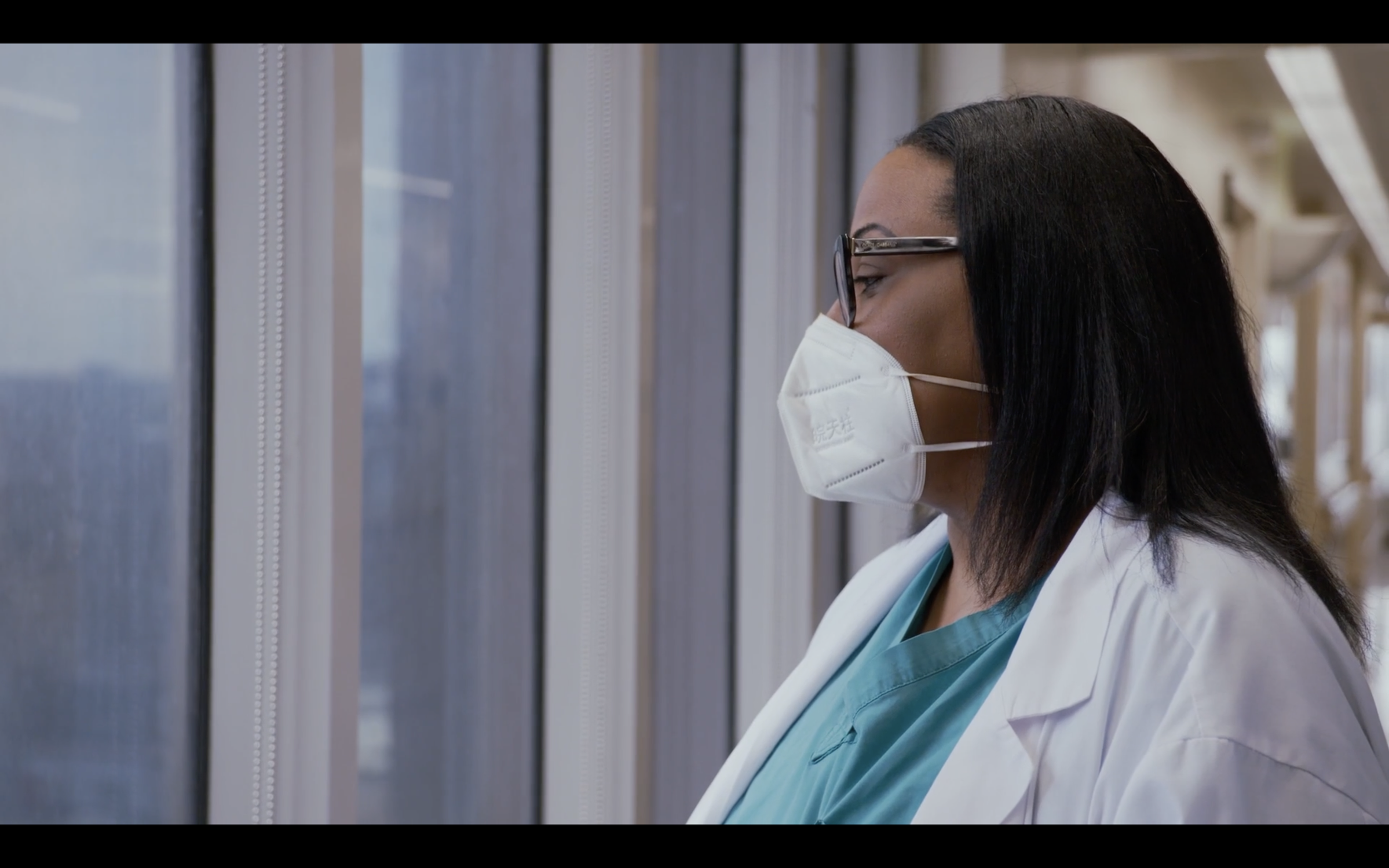
Take action & save lives.
Join us in addressing and ending the maternity mortality crisis. Start with taking some of the below actions today. Scroll below to sign up to receive updates on the film and campaign.
Donate.
Help support the Bronx birthing center shown in the film, The Birthing Place, through a donation.
To honor the life of Shamony Gibson and support transformative maternal health activism in her memory, please contribute to the ARIAH Foundation.
To honor the life of Amber Rose Issac and support transformative maternal health activism in her memory, please contribute to the Save a Rose Foundation.
Forward Together is launching a Birth Justice Policy Committee to create systems of care beyond the current medical systems. Donate and help power their collective of birth workers.
Get involved.
Reach out to your Members of Congress to make your voice heard about why this issue matters to you. Look up your Representative in the U.S. House of Representatives here and find information about your Senators here.
Join the efforts of community-based organizations that are leading critical initiatives where you live and nationally. Not sure where to start? Here’s a list of organizations on the frontlines of our maternal mortality crisis.
Watch the recordings from our two virtual events – MALE ALLYSHIP AND ADVOCACY and STANDING UP FOR BLACK MATERNAL HEALTH – to learn more and hear directly from advocates about how you can take action.
Share online.
Use social media to uplift the film and help educate and spread the word about the Black maternal health crisis in our country. Sample posts can be found here.
Are you a Black or Brown birthing parent? Download the Irth App and share your prenatal, birthing, postpartum or pediatric experience to help others. If you are expecting or a new parent you can also find reviews of care from other Black and Brown parents. Search reviews for yourself, and leave reviews to help others.
The Momnibus Act.
To address the maternal health crisis in America, Congressional leaders have been fighting for critically important policies. Congresswoman Lauren Underwood, Congresswoman Alma Adams, Senator Cory Booker, and members of the Black Maternal Health Caucus introduced the Black Maternal Health Momnibus Act of 2021 (H.R. 959/S. 346). The Black Maternal Health Momnibus Act builds on existing legislation to comprehensively address every dimension of the maternal health crisis.
Stay informed about Momnibus updates by following the Black Maternal Health Caucus on Twitter.
Host a screening.
Aftershock is currently streaming on Hulu. If you are interested in hosting a screening or watching as a group, check out our host toolkit. And follow Aftershock on social media (@aftershockdoc) to learn about future screenings, activations, and opportunities.
Already watched the film? Share your thoughts by posting and using the hashtag #AftershockDoc.
Community Screenings
(and counting)
215+
During a 6-month community grassroots tour, we screened Aftershock in 40+ states and over 125+ cities, bringing over 20K people together across the country to watch and discuss the film. We also received 640+ surveys with audience thoughts and reactions about the film and what they learned. We are grateful to have people continue to screen Aftershock in their homes and communities to raise awareness about the Black maternal health crisis in the U.S.

About the film.
In October 2019, 30-year-old Shamony Gibson tragically died 13 days following the birth of her son. Two months later, the film team began documenting Shamony's surviving mother, Shawnee Benton Gibson, and bereaved partner, Omari Maynard, as they began to process what happened and figure out their new normal.
In April 2020, 26-year-old Amber Rose Isaac, died due to an emergency c-section. Within weeks of Amber's death, Omari reaches out to Amber's surviving partner Bruce McIntyre and a lifelong bond is formed. Together, Omari and Bruce begin the fight for justice for their partners with their families and community by their side, while caring for their children as newly single parents.
The film witness these two families become ardent activists in the maternal health space, seeking justice through legislation, medical accountability, community, and the power of art. Their work introduces a myriad of people including a growing brotherhood of surviving Black fathers, along with the work of midwives and physicians on the ground fighting for institutional reform. Through their collective journeys, the film brings us to the front lines of the growing birth justice movement that is demanding systemic change within our medical system and government.
Aftershock premiered at the 2022 Sundance Film Festival in the U.S. Doc Competition, and was awarded the Special Jury Award: Impact for Change. Aftershock was acquired out of Sundance by Disney’s Onyx Collective and ABC News Studios and released on Hulu in the US and on Disney+ worldwide on July 19 2022.
Meet the filmmakers.
Paula Eiselt is an award-winning independent feature-film filmmaker, producer, and activist known for her journalistic rigor in telling timely and intelligent cinematic stories led by strong-willed characters. She has dedicated her filmmaking career to shining a light on trailblazers and everyday heroes from all walks of life and is most notably known for her two award-winning documentary features, 93QUEEN (POV/HBOMax) and most recently, AFTERSHOCK (Hulu/Disney+).
IndieWire named Paula one of 22 Rising Filmmakers to Watch in 2022. In 2019, she was named one of Jewish Week's “36 Under 36.” Paula is a graduate of NYU’s Tisch School of the Arts and serves on the board of the Jewish Orthodox Feminist Alliance. She currently lives in New Jersey with her husband and their 4 children.
Tonya Lewis Lee is a director, producer, writer whose work often explores the personal impact of social justice issues such as civil rights and criminal justice. Tonya Lewis Lee is a director, producer, writer whose work often explores the personal impact of social justice issues. As a television producer, Tonya served as Executive Producer on the episodic series SHE’S GOTTA HAVE IT which is currently streaming on Netflix. As a film producer, Lee produced MONSTER which premiered at the 2018 Sundance Film Festival and is now available on Netflix.
Most recently Lee co-directed and co-produced AFTERSHOCK which premiered at the 2022 Sundance Film Festival, which examines the U.S. maternal mortality crisis winning the Special Jury Award for Impact for Change and was acquired by Onyx and ABC News to stream on Hulu. IndieWire named Tonya as one of 22 rising female filmmakers to watch in 2022.

Stay involved.
Join us in addressing and ending the maternity mortality crisis. Sign up to receive updates on the film and campaign.







